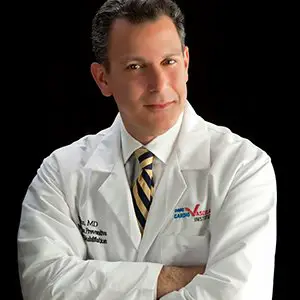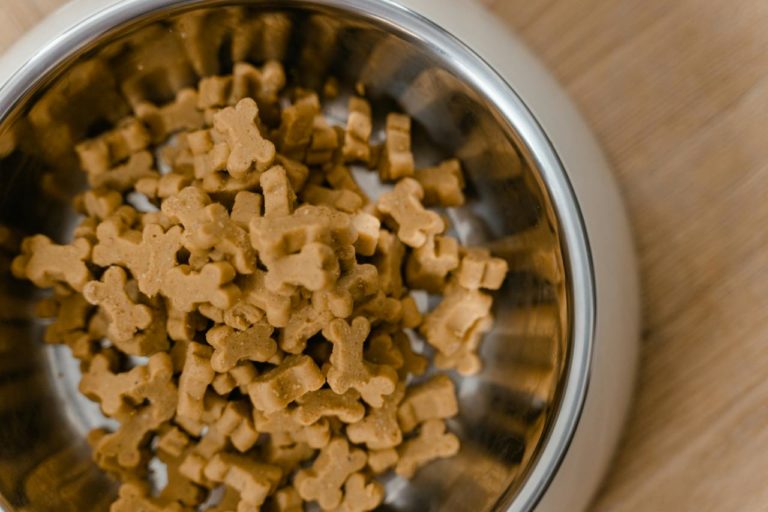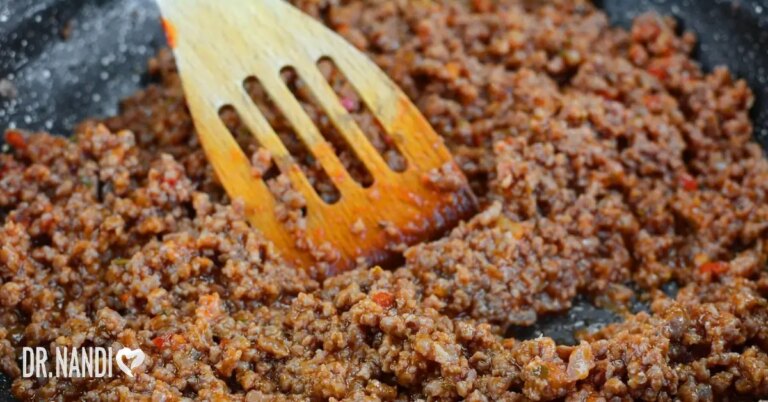It’s easy to go a day, a week, or even a year and never think about the fact that it’s a friggin’ miracle that a muscle the size of a fist pumps gallons of blood to keep you alive daily.
Yes, I’m talking about the heart muscle. After practicing cardiology for nearly 30 years, I wish people literally wore their hearts on their sleeves, so they could see them and think more actively about maintaining them. But since your heart is buried deep in your chest, you may be unaware of some of the things you do to harm it.
Decades of research and public health campaigns have made pretty much everyone aware that smoking is bad for your heart, but these other common habits may also be doing damage to your ticker.
You sit way too much
Prolonged sitting is now firmly associated with heart disease and premature aging of arteries. Basically, sitting is smoking. In a study using heart CT scans and physical activity records of more than 2,000 adults, each hour of sitting per day was associated with a 14% increase in coronary artery calcification. Coronary calcification is a sign of damaged heart arteries and can increase the risk of a heart attack. Standing desks, apps, and timers are all necessary tools in today’s sedentary society.
You don’t get quality sleep
Sleep is restorative, and your pillow is the best anti-aging pill. In a study of people sleeping poorly and getting less than six hours a night, compared to those sleeping soundly for seven hours, the risk of coronary heart disease (clogged arteries) was 79% higher! Get the highest-quality shut-eye possible by using mindfulness meditation, smartphone apps, or myriad other drug-free techniques.
You don’t work on spinal flexibility
Yoga offers many benefits, but one of the most powerful is spinal flexibility. Unknown to most are studies suggesting that the flexibility of the spine correlates to the flexibility of important arteries in the body. In other words, spinal flexibility is one sign of a healthy heart.
My favorite practice for the spine is performing the five Tibetans, akin to a yoga sequence, and which you can learn online through many free video demonstrations.
You’re not sweating
Heavy metals like mercury and lead are particularly damaging to the heart and arteries, and unfortunately, you may be ingesting them without realizing it. A practice of sweating — like regular exercise or hanging out in an infrared sauna — can help eliminate them efficiently, according to many research studies.
You don’t have enough sex
Unless you lie perfectly still, most sexual encounters raise the heart rate and blood pressure significantly. Fortunately, studies show that the more frequently you have sex, the lower the risk of heart events. Get busy.
You drink too many sugary beverages
In a massive study of more than 300,000 subjects, more sugary drinks are associated with more strokes and heart attacks. This kind of association study doesn’t necessarily prove that your soda habit is killing your heart — it might be the cigarette and donut you have with it — but ditch the crap drinks and their friends for your health.
You drink diet soda instead of sugary beverages
Unfortunately, the sugar-free “diet” options aren’t much better than their sugar-filled counterparts. Diet drinks probably won’t help you lose weight, and they could also do damage to your heart: A study shows that women who drink two or more diet sodas a day have a major increase in heart disease and deaths. Water, unsweetened tea, green juice, and black coffee should be on your list.
You skip medical checkups and don’t get advanced lab work
You may be young and “invincible” now, but not even a healthy lifestyle can make you totally immune to heart disease. While lifestyle factors like diet, smoking, and exercise play the biggest roles in heart health, there are genetic factors that are an important minority.
See a health care provider to check your blood pressure, EKG for your QT interval, and lab work for fasting glucose, vitamin D level, cholesterol panel, lipoprotein a and homocysteine measurements, and an assessment of inflammation by a test called hd-CRP. If you’re over 40 with a risk for heart disease, get a coronary artery calcium scan to know your score. You may have an underlying condition that could affect heart health, and knowing where you stand can help inform the other lifestyle choices associated with heart health.
You ignore stress
Stress has been linked to heart disease for decades, and the constant connectivity of today’s technological landscape hasn’t made life more relaxing. Twenty-four/seven isn’t just an empty promise — it’s a way of life for many young people.
But the stress and the adrenal fatigue that come with an “always on” lifestyle can age arteries fast. Learn a few strategies to manage the stress that you can use on a daily basis to help you chill out.
You eat bacon, hot dogs, and pepperoni
The last year or so has been a rough one for processed red meats. The World Health Organization announced definitive data that processed foods like bacon and sausage cause colorectal cancer, but we already knew that these foods were associated with a spike in heart disease and heart attacks. Bypass the bacon before you need a surgical bypass of your heart.
Originally posted on www.thrillist.com
Joel K. Kahn, M.D.

Dr. Kahn has launched a campaign to prevent 1 million heart attacks through healthy living. He is the founder of the Kahn Center for Cardiac Longevity. He is a graduate of Summa Cum Laude of the University of Michigan School of Medicine and is a Professor of Medicine. His books, The Whole Heart Solution and Dead Execs Don’t Get Bonuses, both #1 bestsellers, are available for sale now.
You can learn more about Dr. Kahn at MindBodyGreen andDrJoelKahn.com, Www.kahnlongevitycenter.com, Office 248-731-7412
Professor of Medicine
Author, The Whole Heart Solution
Mindbodygreen
Huffington Post
Yahoo Health Advisory Board
http://bit.ly/veganthis
http://0s4.com/r/HEART
Connect with Dr. Kahn on:
Facebook
Twitter
Pinterest
Instagram
YouTube
If you enjoyed this blog and would like to see more. Please subscribe to Dr. Nandi’s Health Hero Community & Newsletter by clicking HERE.



















